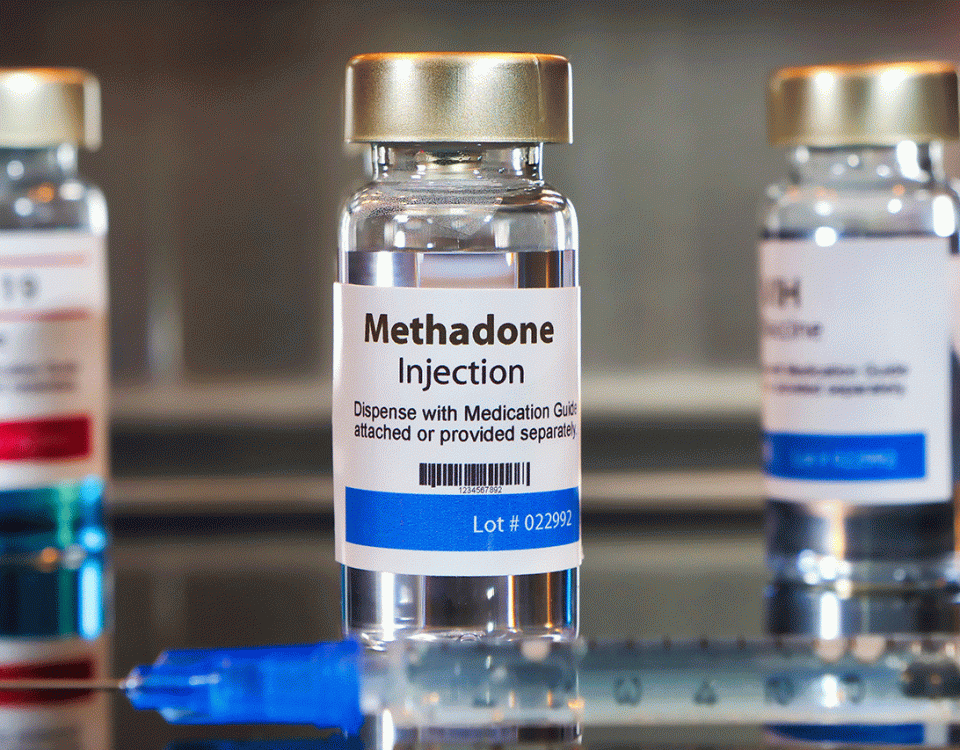Why Does Alcohol Make Me Angry?
Drinking too much alcohol can make us act in ways we usually wouldn’t. From excessive crying to irritability to aggression, alcohol affects everyone differently. If you’ve ever asked yourself, why does alcohol make me angry, then you aren’t the only one. For many people, feeling angry after drinking is normal. But why does this happen? And how can you control it?
Understanding Anger and Aggression
Anger is an intense emotion you feel when something has gone wrong or someone has severely wronged you. Aggression itself refers to a range of behaviors resulting in physical and psychological harm to yourself or others. “Trait anger” refers to a person’s general aggression or tendency to experience anger over time. This means that chronically angry people may constantly seek out stimuli to make them angry, sometimes without even realizing it. This may explain why they’re angrier more often and act more aggressively than people who don’t have this particular personality trait.
Why Do I Get Angry When I Drink Alcohol?
Alcohol Myopia
There are several theories to explain why alcohol makes you aggressive. One prominent theory is “alcohol myopia,” which proposes that alcohol can impair your judgment and reduce your inhibitions, making it difficult for you to think straight. As a result, you may miss specific social and environmental cues that can help you rationally interpret situations. In other words, if someone provokes you while you’re intoxicated, you may immediately rise to the bait and react aggressively rather than thinking of the possible consequences before responding.
Suppressed Anger
People who suppress their thoughts and anger when sober are more inclined to experience anger when drinking. These individuals may be shyer but may also struggle with depression, anxiety, or fear. For instance, people who tend to argue or bicker a lot with their spouse may be more prone to arguing with them when they’ve drunk a lot of alcohol. This can lead to resentment and unhealthy relationships. This is also why alcohol and domestic violence cases are often linked.
Suppressed anger or negative emotions may also explain why people with mental illnesses or poor mental health turn to drugs or drinking to self-cope. Because alcohol can relax you when consumed in large doses, it’s the perfect temporary antidote for someone who’s looking for an immediate release from life’s stressors. However, alcohol is addictive, and it eventually does more physical and psychological harm than good. Alcohol treatment is usually the best way for people who have become dependent on drinking to get sober safely.
Impaired Limbic Response
When our brain perceives a threat, it reacts in an attempt to protect itself. The region of the brain most responsible for responding to perceived threats is the limbic system. People naturally angrier than others may act out in rage when they sense a threat, a feeling often associated with palpitations, sweating, tachypnea (abnormally fast breathing), and trembling. These physical symptoms can further distress the individual, making them angrier and creating a feedback loop in the limbic system’s response. The prefrontal cortex and anterior cingulate gyrus are two regions of the brain that evaluate this limbic response to determine whether a physical or psychological “threat” is harmless or severe.
Controlling this limbic response is one of the most critical functions of the frontal cortex of the brain. The prefrontal cortex of the brain is the one that encourages us to consider non-violent responses to a threat. When a threat is considered life-threatening, limbic activation shuts down, and our body goes into fight mode to promote quick reactions and efficient fighting. Serotonin, a neurotransmitter that plays a role in mood, plays a significant role in controlling our limbic response. However, alcohol can negatively impact our brain’s ability to determine whether a threat is life-or-death, mainly by affecting levels of neurotransmitters like serotonin in the brain. Alcohol also impairs our judgment and our ability to make rational decisions.
Alcohol can have a severe impact on the way we treat others, including our loved ones. Long-term alcohol abuse can eventually result in physical and psychological problems like alcoholism, liver disease, or mental illness. Addiction can impact your health, career, and relationships. If you or a loved one needs medical detox or addiction treatment, Banyan Treatment Centers can help. Call us today at 888-280-4763 for more information about our levels of substance abuse treatment and the facilities we have nationwide.
Related Reading:
The Dangers of Mixing Shrooms and Alcohol
The Truth About Exhaustion after Quitting Alcohol




















